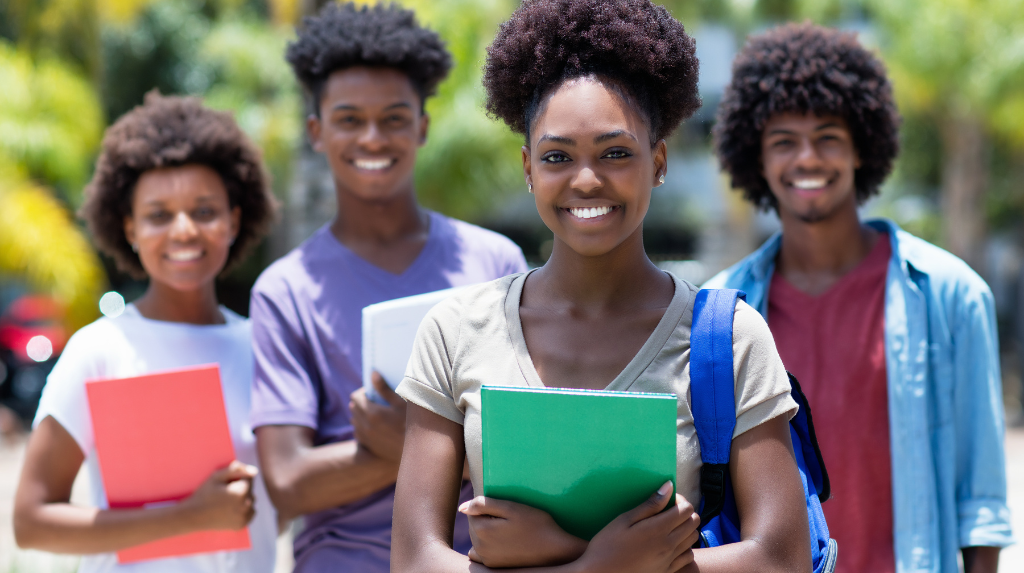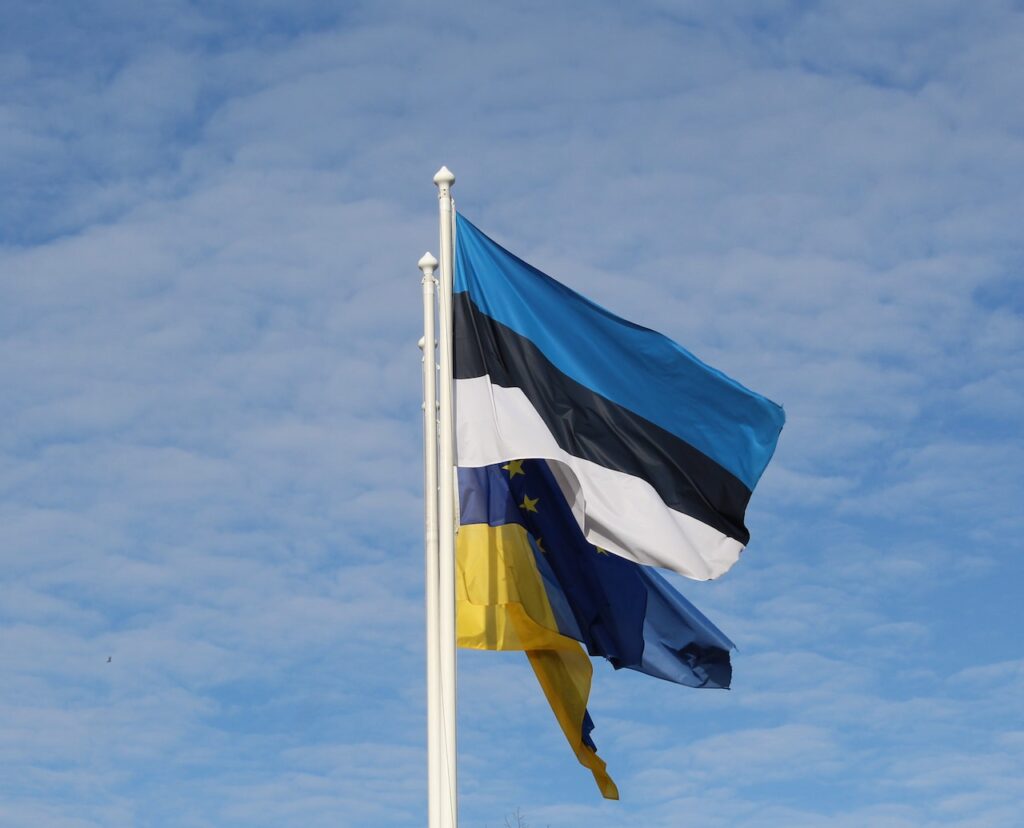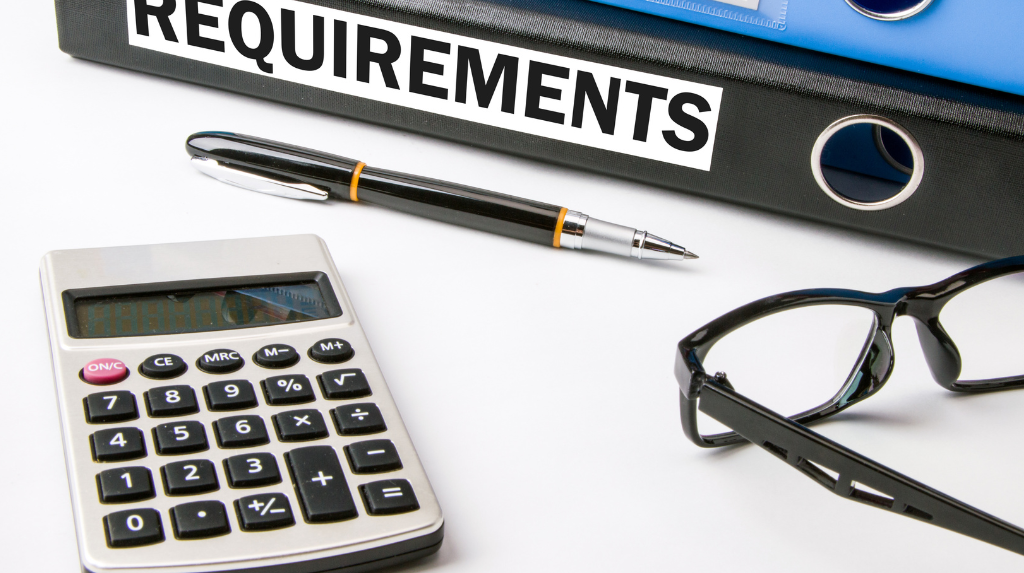The pursuit of higher education in the United States has long been a dream for many international students, including Nigerians. The United States is home to renowned universities and colleges, offering diverse academic programs and research opportunities. To turn this dream into reality, prospective Nigerian students must navigate the intricate process of obtaining a US student visa. This comprehensive guide aims to provide a detailed overview of the US student visa application process, specifically tailored for Nigerian applicants.
US Student Visa Types:
Before delving into the application process, it’s crucial to grasp the two primary types of US student visas: F visa and M visa.
F Visa:
- F-1 Visa: This is the most common type of student visa, designed for academic studies in accredited US institutions such as universities or colleges.
M Visa:
- M-1 Visa: Geared towards students enrolling in vocational or non-academic programs.
Choosing the right visa type is essential, as it determines the nature of your educational pursuits in the United States.
Acceptance to a US Institution
The initial step in securing a US student visa is gaining admission to a Student and Exchange Visitor Information System (SEVIS)-approved institution. SEVIS is a government system that maintains information on international students and exchange visitors.
Nigerian students should meticulously research and apply to accredited US institutions that match their academic goals. It is crucial to receive an official acceptance letter from the institution, as this document is required for the visa application.
Pay the SEVIS Fee
Upon receiving the acceptance letter, the next step is to pay the SEVIS fee. SEVIS fees are mandated by the US government to support the maintenance of the SEVIS program. The fee payment is typically done online, and the confirmation receipt must be kept for the visa application.
Complete the DS-160 Form
The DS-160, or Online Nonimmigrant Visa Application form, is a vital component of the US student visa application. This form collects necessary information about the applicant, including personal details, educational background, and intended stay in the United States.
Applicants should ensure accurate and truthful information while completing the DS-160 form, as any inconsistencies may lead to visa denials.
Schedule a Visa Interview
After completing the DS-160 form, applicants need to schedule a visa interview at the nearest US Embassy or Consulate in Nigeria. Visa interview appointments are in high demand, so it’s advisable to schedule one well in advance.
Prepare the following documents for the visa interview:
- Passport valid for at least six months beyond the intended period of stay in the United States.
- Confirmation receipt of SEVIS fee payment.
- DS-160 confirmation page.
- Visa appointment confirmation.
- Passport-sized photographs meeting the US visa photo requirements.
- Original acceptance letter from the US institution.
- Academic transcripts and diplomas.
- Standardized test scores (such as TOEFL or IELTS).
- Financial evidence demonstrating the ability to cover tuition, living expenses, and return transportation.
Attend the Visa Interview
The visa interview is a crucial aspect of the application process. During the interview, a consular officer will assess the applicant’s eligibility and intentions for studying in the United States. It is essential to articulate clear educational goals, demonstrate ties to Nigeria, and express a genuine interest in returning after completing the program.
Applicants should arrive at the embassy or consulate well-prepared, dressed professionally, and with all required documents neatly organized. Confidence, honesty, and clarity in communication are key elements in a successful visa interview.
Pay the Visa Application Fee
Before attending the visa interview, applicants must pay the non-refundable visa application fee. The fee payment instructions are available on the official website of the US Embassy or Consulate. It is crucial to keep the payment receipt for presentation during the interview.
Visa Approval and Visa Denial
Following the interview, the consular officer will determine whether to approve or deny the visa application. If approved, the officer will provide details on how to collect the visa and any additional information. In case of denial, the officer will furnish reasons for the decision.
Common reasons for visa denials include insufficient financial documentation, lack of ties to Nigeria, and doubts regarding the genuine intent to study in the United States. If denied, applicants can reapply after addressing the concerns raised by the consular officer.
Arrival in the United States
Once the visa is granted, it’s time to make travel arrangements and prepare for the journey to the United States. Upon arrival, students must undergo customs and border protection procedures and present their visa and other relevant documents.
Maintaining Status:
To stay in compliance with US immigration regulations, students must adhere to the terms of their visa. This includes maintaining a full course load, reporting any changes in address or academic program, and refraining from unauthorized employment.
Securing a US student visa is a significant milestone for Nigerian students aspiring to pursue higher education in the United States. The process may seem complex, but with thorough preparation, adherence to guidelines, and a genuine commitment to academic pursuits, obtaining a US student visa is an achievable goal. By following this comprehensive application guide, Nigerian students can navigate the intricacies of the process and embark on a transformative educational journey in the United States.
Do you need help with a Student Visa to the US?
Contact our team of skilled immigration lawyers to discuss your visa and immigration needs.
Call us on +234 812 5505 986 or WhatsApp us at +234 818 1547 085 for immediate assistance with your situation. We are available to assist you in person, over the phone, or online





